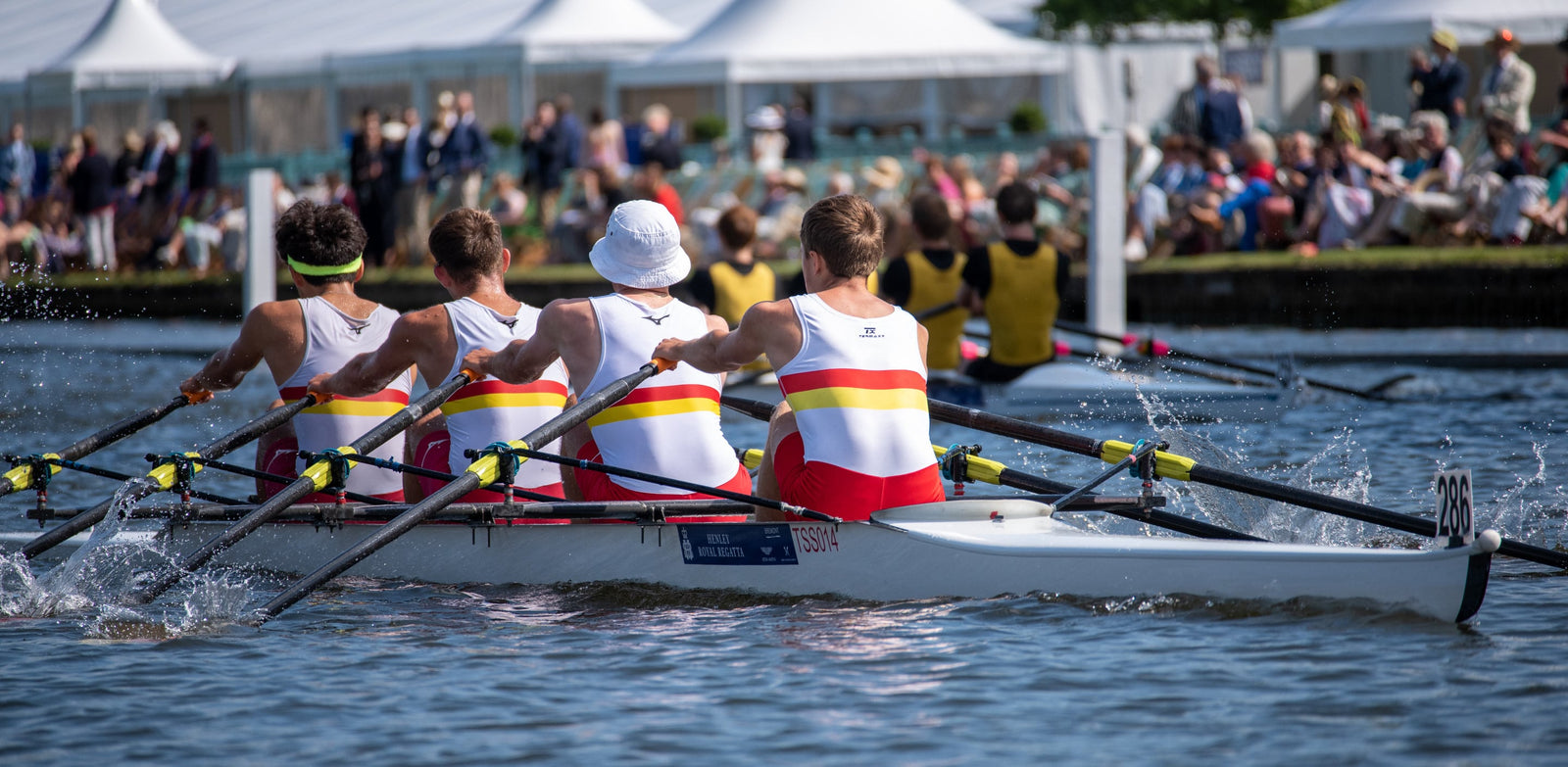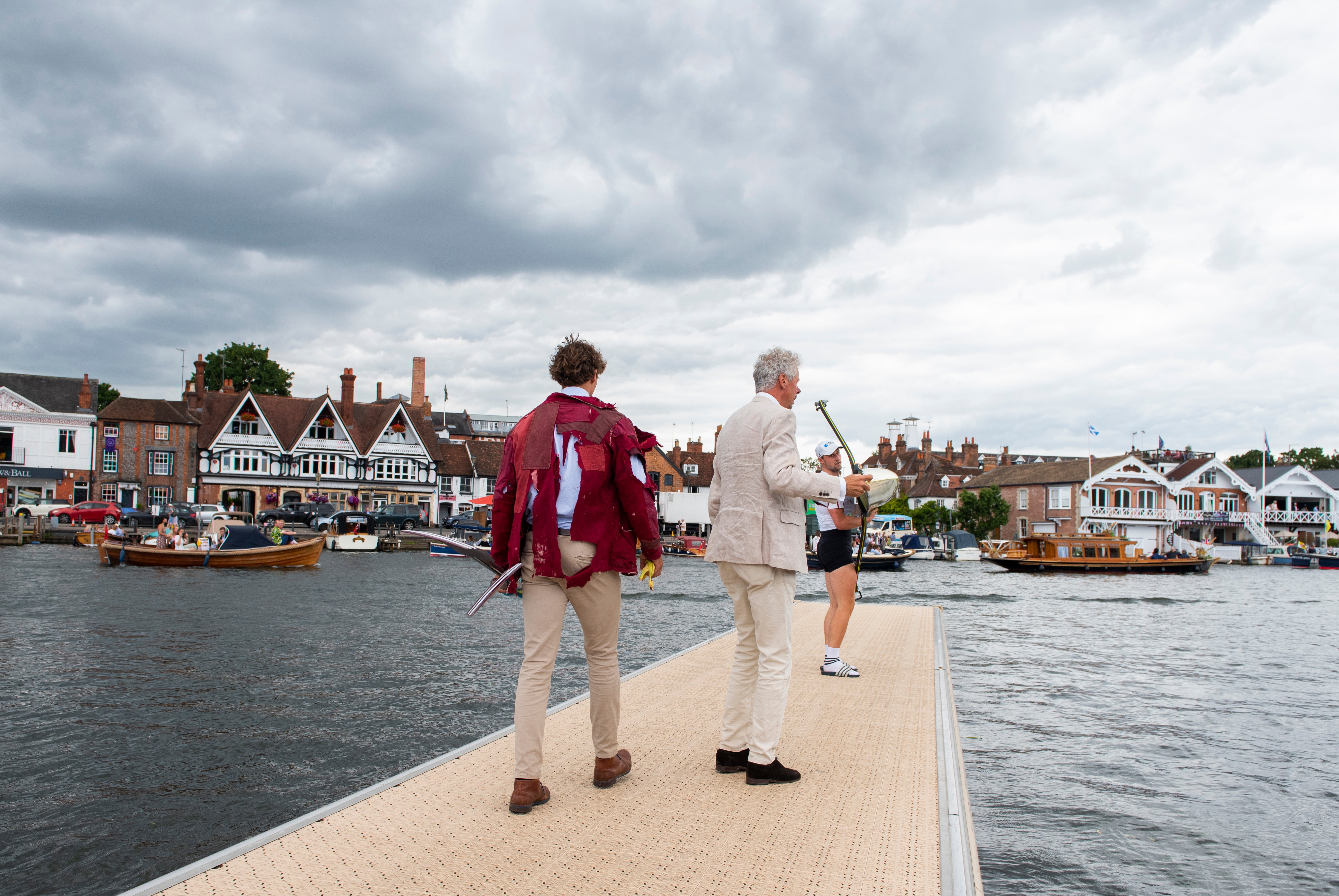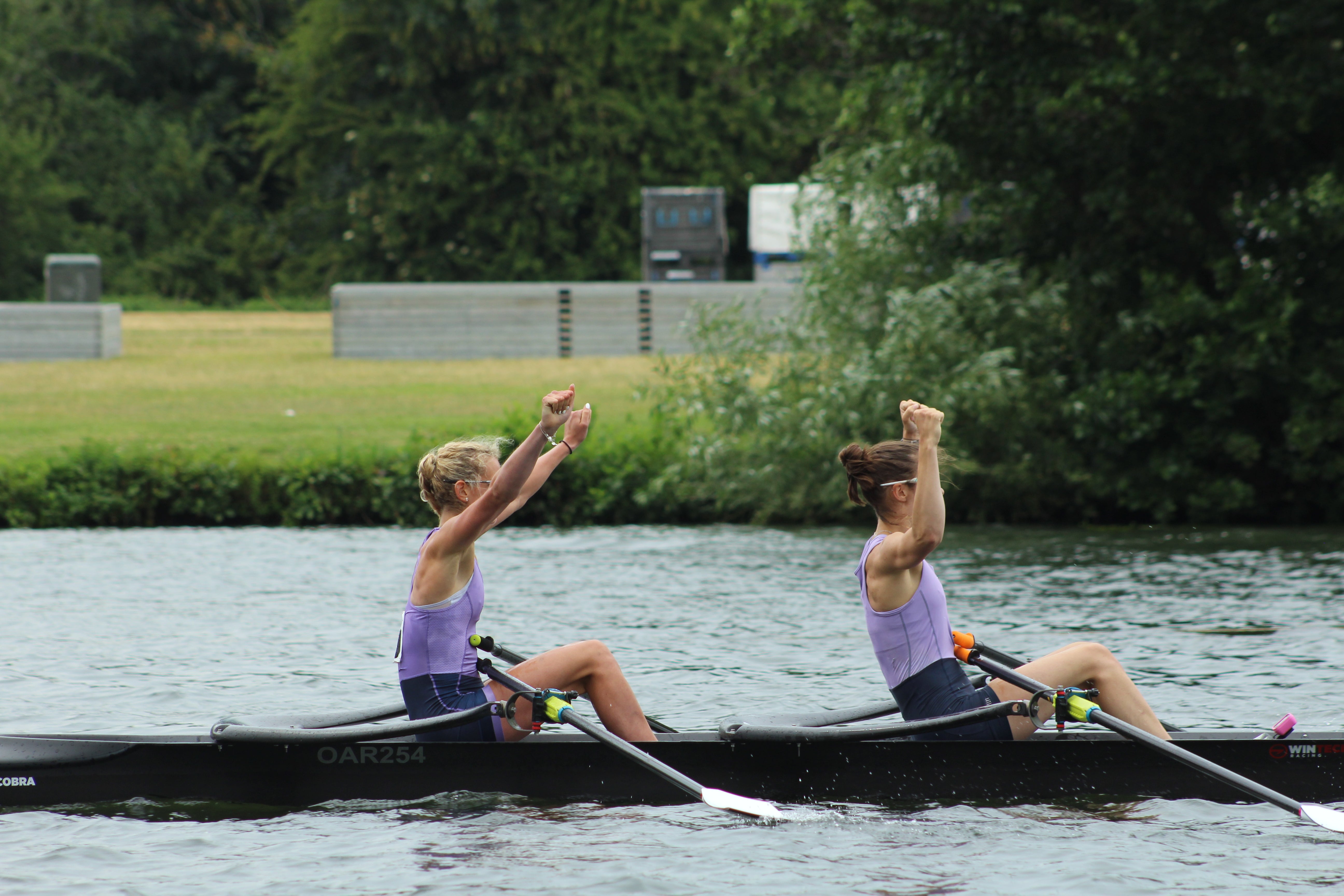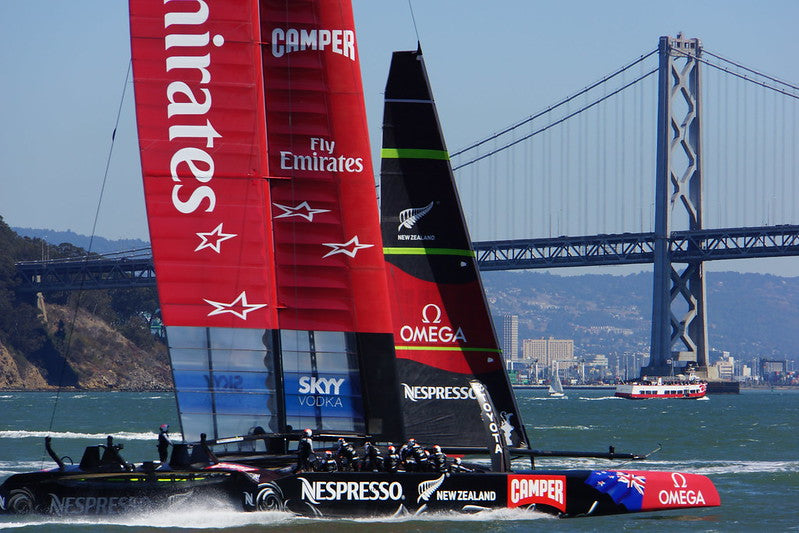The Impact of COVID

It is a well-documented scientific fact that exercise is relaxing, releases endorphins and reduces stress chemicals like adrenaline and cortisol. As for the past two years, this is undoubtedly one of the biggest benefits to keeping a regular training schedule. Despite everything that has gone on with COVID-19, we have all needed a way to unwind. Now that we have had an almost normal head season, it feels like we can reflect on the pandemic with a degree of hindsight, and understand how it’s changed club rowing, for better or worse.
For me (Amelie from JRN), one of the main things to come out of this time is that I am much more aware of my training, and the benefits I gain from it. Whether this is partly down to having more experience is debatable, but it is definitely to do with experiencing significant disruption to a traditional programme.
As a junior, being at home and trying to maintain a comparable training regime to what I would have done at the club was challenging, and since being back I can see a clear difference in the effectiveness of training at a club versus in my garden. Not only is motivation so much easier to find alongside teammates, but even stuff as simple as the equipment we are able to use, the difference in experience is almost immeasurable. It is also much more apparent to me now the impact a break in training can have, with both the loss of fitness and the subsequent improvement once things began starting up again quite disturbingly clear, only serving to more plainly outline the advantages of consistent training.
Another aspect of rowing that has really changed over the past few years is that of building relationships with crew mates and coaches. Being apart physically, paradoxically, has made squads grow much closer, as they’ve had the opportunity to do other things together besides slog away on ergos. Speaking to Steve Wellstead, Junior Coordinator at Stratford Upon Avon boat club, he feels as if the weekly Zoom catch-ups run by the junior squads were, in many ways, more important than the physical side of things, saying that “It helped more than we realised at the time”. This seems to be a universal feeling across the rowing community, with friendships between squads becoming deeper despite the physical distance.
Steve goes on to discuss the effects of missing coaching time on newer athletes, outlining how the skills and fitness of the younger members has been impacted and how “it’s hugely disappointing for those who missed out on some of the bigger events”. He recognises that the virtual races run by some local clubs were certainly valuable, and the athletes themselves were grateful for these opportunities. Even so, many of those further on in their rowing careers feel as if the aspect of losing physical racing experience was the sporting loss they felt the most keenly over the past few years.
Looking further ahead at junior ‘graduates’, universities have struggled to recruit and train new athletes throughout the pandemic since the old methods of piling everyone into an eight were no longer compliant with British Rowing guidance. This led to much more concentrated coaching sessions, with novices at Cambridge University going out in training doubles, with a cox and coach on the bank. Compared to the nine athletes that previously would learn in the novice eights, this is a significant decrease in numbers, making it very challenging to timetable all those who wanted to learn.
As with many other aspects of the pandemic, this has had a knock-on effect in today's community; the novice intake of September 2021 was almost double the normal number for some colleges. Combined, these have further impacted the individual clubs, with those who have learned to row in this environment sometimes finding it difficult to transition into bigger crew boats- that is, if there are crew boats to row, with places like Magdalene Boat Club struggling to form a second eight for the Michaelmas term because they simply didn’t have enough qualified athletes.
Getting the whole period under our belts has given us new experiences, without doubt. At the end of the day, it’s just nice to finally be out and about again and back at our clubs, even if we still have to religiously sanitise everything once we are finished.
Generally, the most important take away from the past two years seems to be the revival of true appreciation for the sport and all that comes with it; the physical benefits, the psychological benefits and the relationships we form. ‘You don’t know a good thing til it’s gone’ is definitely a well-trodden cliche, but as much as we hate to admit it, something we could all relate to in the depths of the pandemic. Now that we’ve had an almost normal head season, and seem to be getting (mostly) back to normal, the lessons we’ve learnt along the way will surely allow us to make the most of the regatta season.








